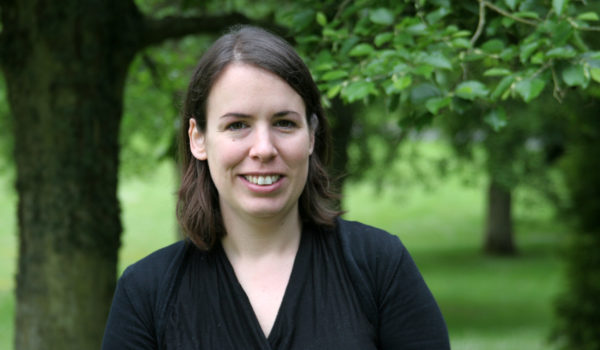Project duration: January to February 2019
Regen worked with the Energy Systems Catapult (ESC) to explore the potential benefits for community energy organisations of engaging with the Catapult’s Local Area Energy Planning (LAEP) process, as well as the benefits that their engagement would bring to the process. The output was a report for the ESC to inform the development of the LAEP process going forwards.
The LAEP process is a concept that has been developed by the ESC. It aims to create a transparent and evidence-based open dialogue to enable stakeholders, facilitated by local government, to more robustly interrogate different future local energy scenarios and to develop local whole system plans to support cost-effective options for decarbonisation.
To support the roll-out of the LAEP process, the ESC commissioned Jodie Giles, Regen’s community energy expert, and Hazel Williams, Regen’s planning expert, to:
- Identify the potential benefits for community energy organisations of engaging with LAEP development and delivery.
- Identify the potential benefits for a LAEP process when community energy organisations are engaged.
Based on interviews with community energy organisations and local authorities, Regen uncovered the following key findings:
There are potential economic, social and environmental benefits for communities
By engaging with a LAEP, communities would be able to understand what parts of the future energy system they could benefit from, for example through asset ownership, the revenue it generates, reduced energy costs, and a boost to local employment and growth.
Whilst the environmental benefits are plain to see – lower carbon emissions – perhaps less so are the social benefits. Engagement in a significant long-term project, such as development of new renewable energy generation, involves local people in a range of activities, improving skills and confidence.
By making collective decisions about the use and distribution of income, local communities also develop greater self-determination through the direct control of local resources.

Image – comparison between the community wind farm Awel Aman Tawe and Pen Y Cymoedd wind farm
It will help ensure community groups are ‘transition savvy’
The interviewees believed LAEP would help community energy groups find their place in the new, low carbon energy system, and help them decide which are the best projects for them to focus on. The whole system perspective of LAEP (i.e. to consider how change to one part of the system affect the whole) would help broaden their knowledge and perspective.
The process could also provide evidence to inform grassroots action, for example on decarbonisation and addressing climate change.
It could encourage buy-in from residents
High quality, broad engagement was considered vital to encourage buy-in for any plan from local people and could help address the common criticism that top-down plans often fail to account for local circumstances.
Community energy organisations have close relationships with many stakeholders including consumers, private and social landlords, and investors. As a trusted local organisation with a history of local engagement, they could facilitate positive engagement with the wider local community.
Overall, community energy representatives were overwhelmingly positive about local area energy planning. Done well, the interviewees believed it would probably add confidence to community energy plans and support inward public and private investment from landowners, funders and investors.
Community energy organisations are important local energy system actors and agents of change
Community energy organisations are ambitious in what they’re trying to achieve and fully on-board with the drive to eliminate carbon emissions from the energy system.
These characteristics, combined with their knowledge of the local energy system, make them key players in ensuring that the local energy planning process maximises the benefits it could bring to the public.
Looking to the future for Local Area Energy Planning
The ESC is working with Ofgem and Government to test the potential of rolling out such an approach more widely. The LAEP concept is referenced in recent RIIO-2 Business Plan guidance.

To find out more about this work, contact Hazel Williams at hwilliams@regen.co.uk, or Jodie Giles at jgiles@regen.co.uk.




